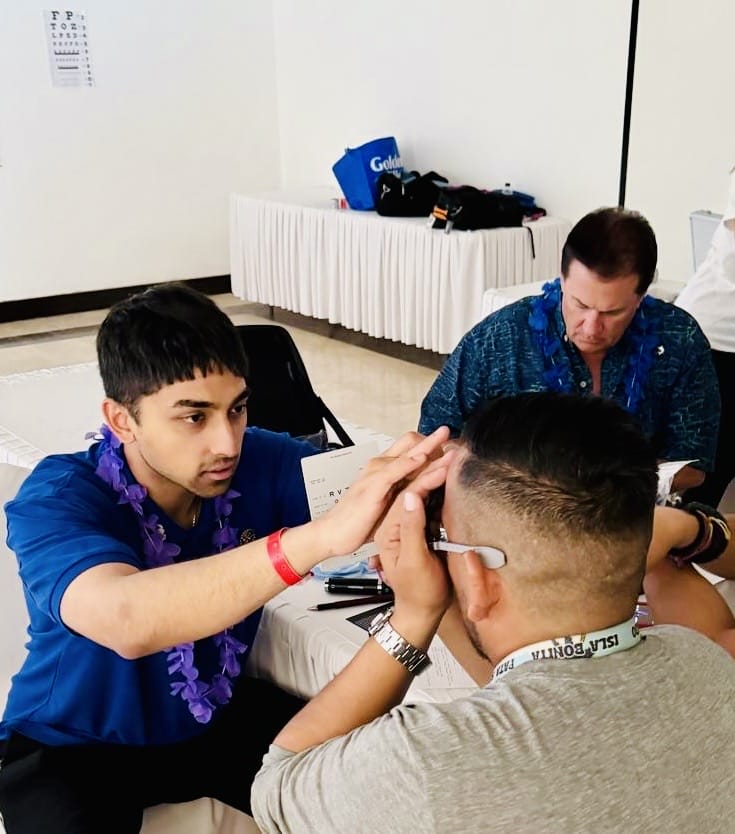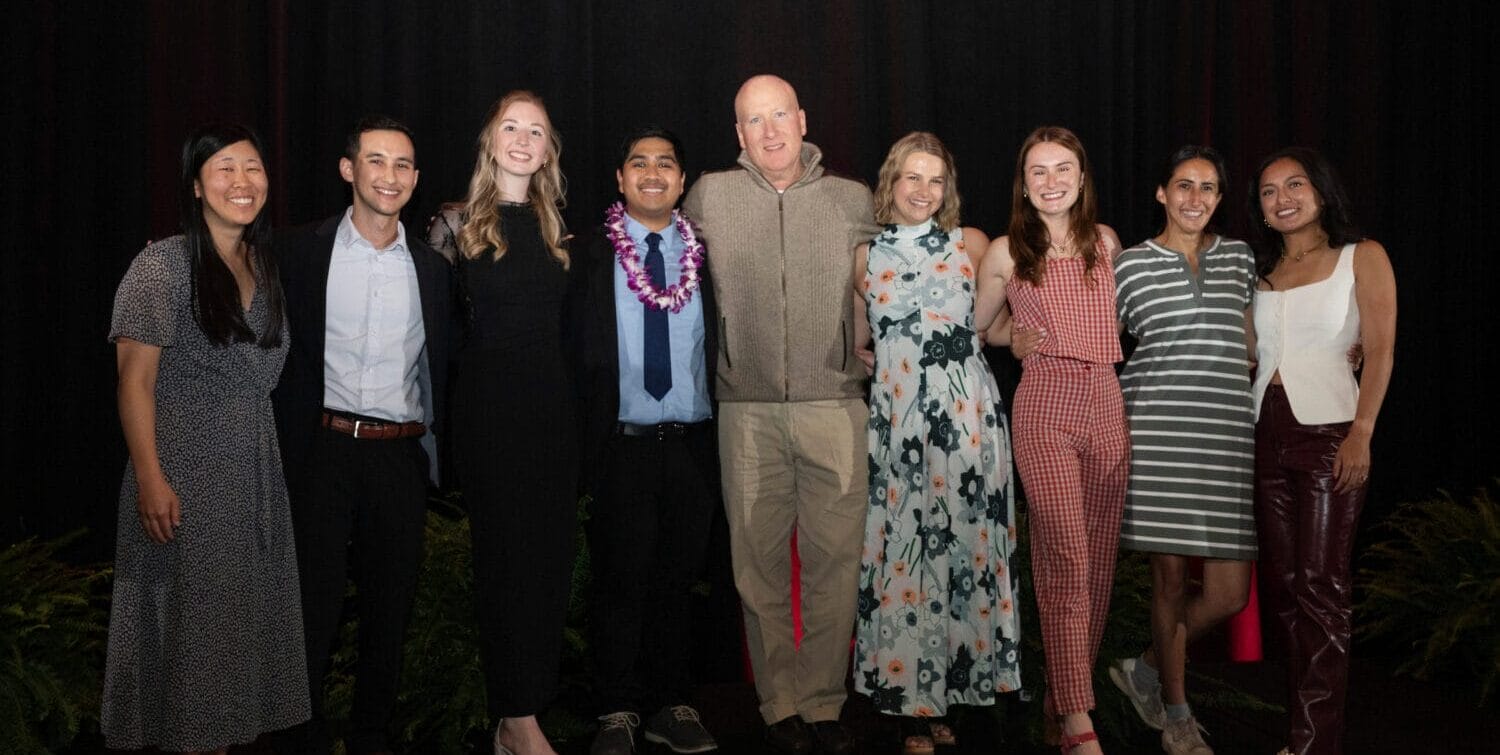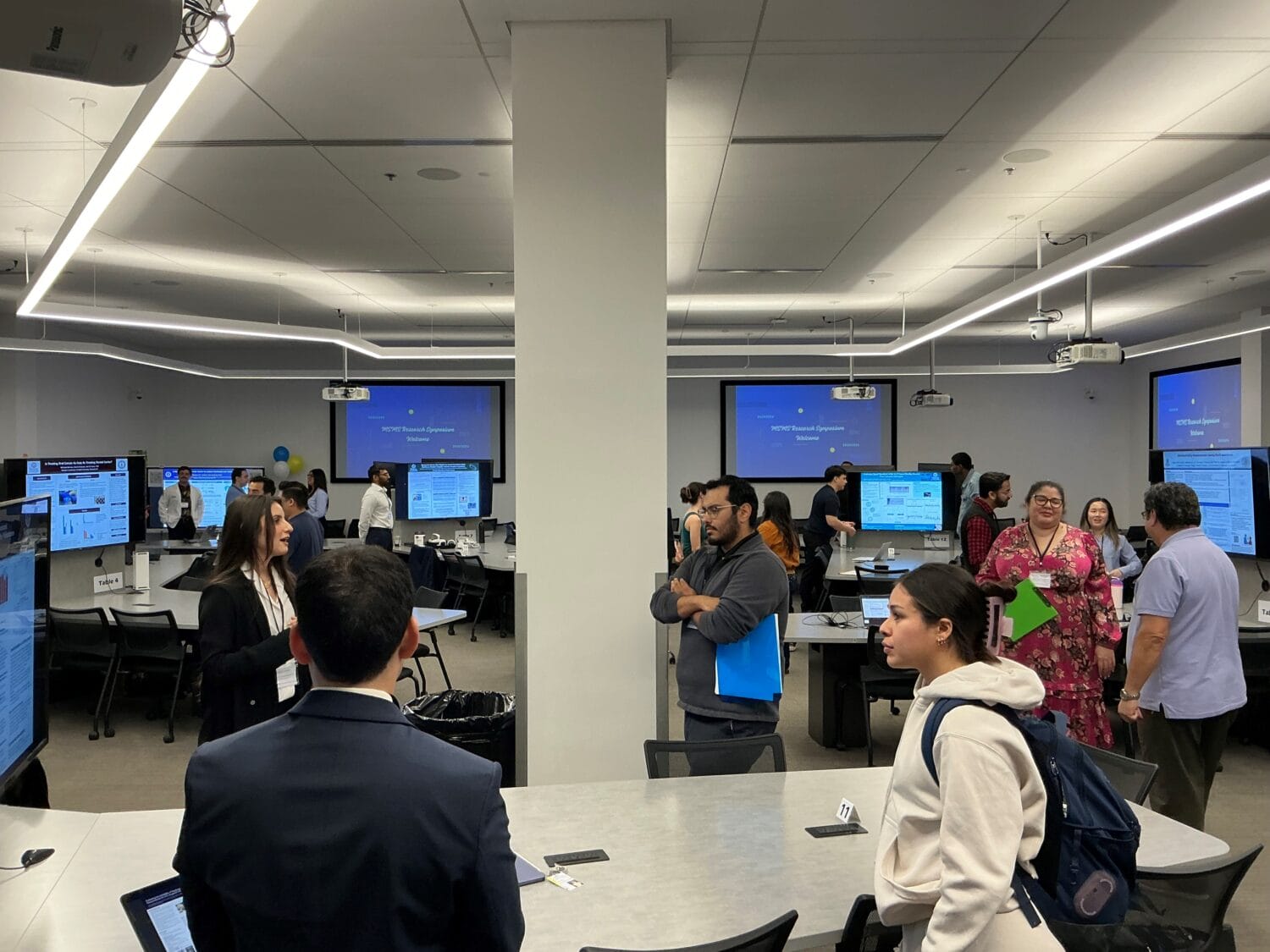COMP student publishes four peer-reviewed papers

Western University of Health Sciences College of Osteopathic Medicine of the Pacific student Sevag Hamamah has been working in the laboratory of COMP Professor Mihai Covasa, PhD, for the past two years. He has published four peer-reviewed papers in high-impact-factor journals (all Q1) as first author. He is also working on two more papers, one of which is ready for submission.
“This is a very unusual, highly productive and remarkable accomplishment for a medical student that even exceeds the level of a full-time PhD student,” Covasa said. “I have mentored numerous undergraduate and graduate students in my academic career, and Sevag stands out as one of the most dedicated and bright young biomedical scientists with incredibly energy and willingness to work hard for long hours at tasks that he sees as essential to his success.”
Hamamah is interested in pursuing gastroenterology as his future clinical specialty and has a standing long interest in how the gut functions and its relationship with the brain. His research work focuses on the role of gut microbiota on non-communicable diseases spanning obesity, type 2 diabetes mellitus, metabolic syndrome, neuropsychiatric disorders, inflammatory bowel disease, irritable bowel syndrome, decompensated cirrhosis, cancers and graft-versus-host disease, to name a few. He also studied the role of gut microbiota in restoring central neuropeptides that regulate energy homeostasis and control appetite such as neuropeptide Y (NPY) and Agouti-related peptide (AgRP) through changes in leptin sensitivity, showing how gut microbiota regulates hypothalamic and hindbrain orexigenic/anorexigenic neuropeptides expression. Further, his work examines the relationship between key genera of gut bacteria including Prevotella, Bacteroides, Lactobacillus, Bifidobacterium, Clostridium, Enterococcus and Ruminococcus as well as the effects of gut dysbiosis on dopamine dysbiosis and impact on dopamine related pathological conditions such as Parkinson’s disease.
Hamamah said his interest in research was sparked during his undergraduate years and he started medical school hoping to continue meaningful research pursuits. He joined COMP’s Biomedical and Clinical Research Track and became involved in a variety of research projects including original research studies, literature reviews and poster presentations while working with Dr. Covasa, who helped support his research goals.
“Overall, medicine is a rapidly changing field that involves consistent analysis of the growing research databases available to the public. Therefore, research serves an integral role in practicing evidence-based medicine to apply the most current treatments, procedures, and medications in day-to-day clinical practice,” Hamamah said. “By participating in my own research projects, I can not only contribute to these growing databases but also improve in my abilities to extract important information from studies and evaluate the significance of study findings in an efficient manner. Similarly, I can learn from patient interactions to advance the medical profession by conducting research in areas in medicine that have limitations. I aim to continue partaking in research activities throughout medical school, residency and beyond to make real scientific advances and leave a lasting impression in medicine while also providing the most scientifically supported and evidence-based practices to patients.”
Publications:
Hamamah S, Gheorghita R, Lobiuc A, Sirbu I-O and Covasa M (2022) Fecal microbiota transplantation in non-communicable diseases: Recent advances and protocols. Frontiers in Medicine 9:1060581.doi: 10.3389/fmed.2022.1060581
Hamamah S, Covasa M. Gut Microbiota Restores Central Neuropeptide Deficits in Germ-Free Mice. Int J Mol Sci. 2022 Oct 4;23(19):11756.
Hamamah S, Hajnal A, Covasa M. Impact of Nutrition, Microbiota Transplant and Weight Loss Surgery on Dopaminergic Alterations in Parkinson’s Disease and Obesity. Int J Mol Sci. 2022 Jul 6;23(14):7503
Hamamah S, Aghazarian A, Nazaryan A, Hajnal A, Covasa M. Role of Microbiota-Gut-Brain Axis in Regulating Dopaminergic Signaling. Biomedicines. 2022 Feb 13;10(2):436.



